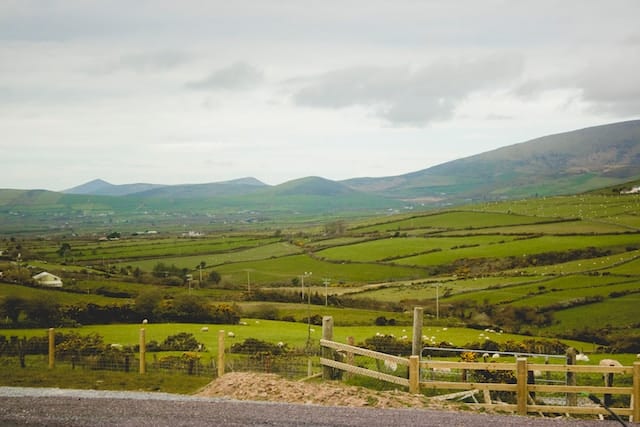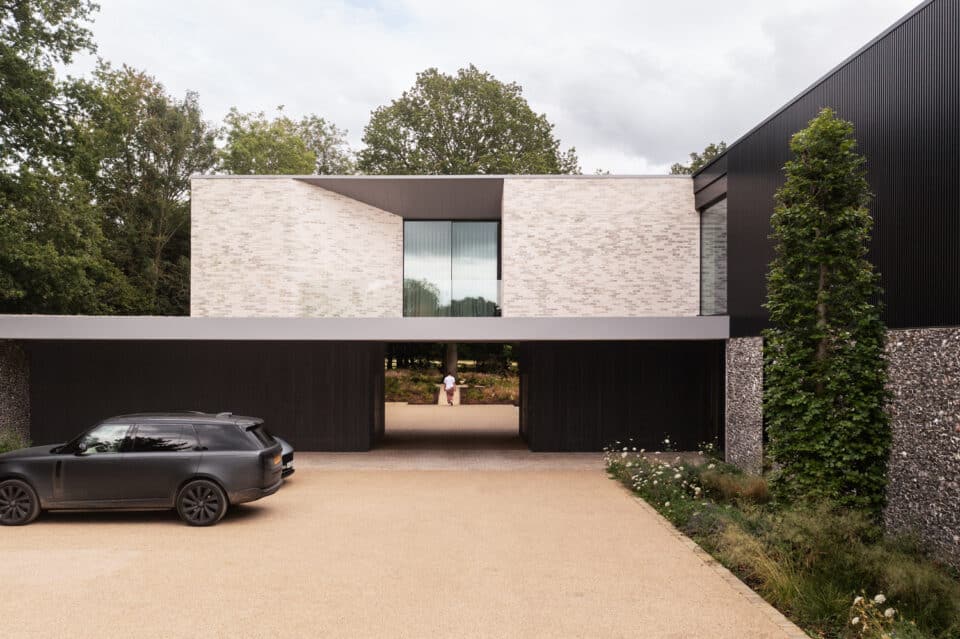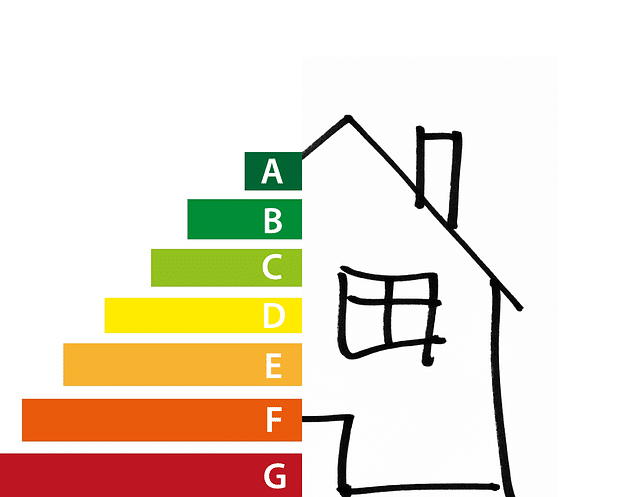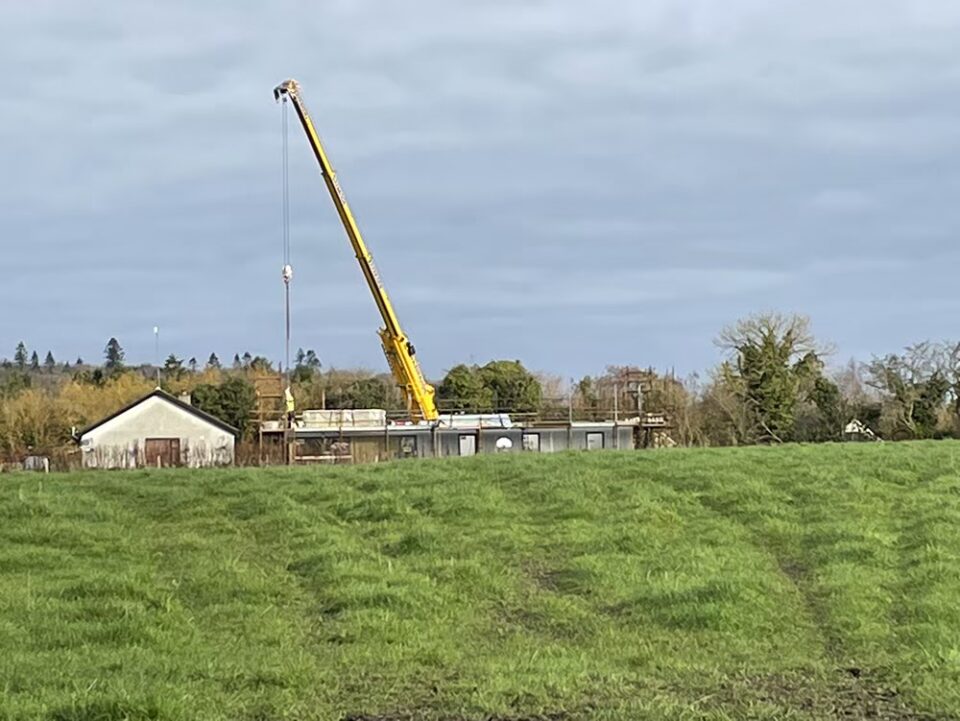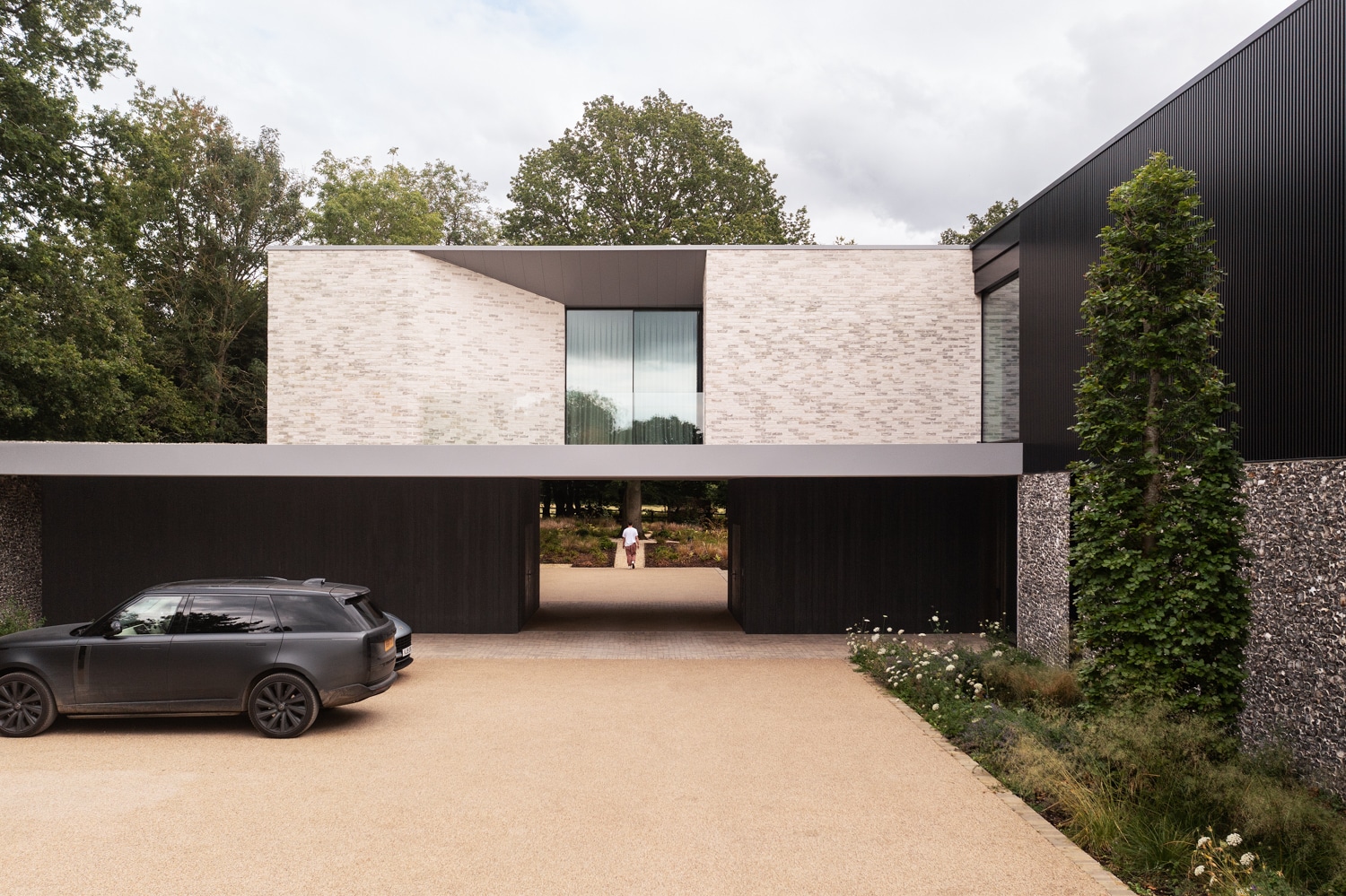In this article we cover:
- What the locals only rules are
- Full timeline from 2005 to June 2023
- European Commission infringement case against Ireland
- Changes to the planning system
- What to expect from the new draft guidelines
16 years in the making, the update to the ROI Sustainable Rural Housing Guidelines has yet to be published by the ROI Department of Housing.
The rural housing guidelines date back to 2005 and allow for so-called ‘locals only’ rules, whereby people from the local area may be given the right to build in the open countryside.
Each local authority can interpret what that means through its County Development Plan, leading to detractors saying the practice is unfair and arbitrary.
“Ireland’s rural young people are once again leaving in droves because it is so difficult for them to have a future and build a house in their communities,” said Elaine Houlihan, national president for Macra na Feirme, a voluntary organisation representing young people from rural Ireland.
“The presence of Rural Housing guidelines could provide a glimmer of hope that the planning process would not be so prohibitive,” she added, according to news outlets..
Meanwhile Roscommon-Galway TD Claire Kerrane told Agriland that many local authorities are a “law unto themselves” when it comes to planning policy and applications for rural housing. “If we want to sustain our rural communities, then we need to allow people to build their house, typically where they grew up,” she said.
“Local authorities are really being a law unto themselves. The rules are different in various parts of the country and in other parts of the country, it’s even more difficult than in other parts, to get that planning permission.”
“But, if we want to have people living in rural communities, then we have to allow them to live here, to set up their homes, have a family if that’s what they choose, to work and then we have to make sure that the resources are put into those communities,” she added.
An example of planning inconsistencies came up at a recent meeting of Galway County Council, according to breakingnews.ie., which heard of self-builders pretending to break up so they could build a second house on their land to sell on for profit.
The Galway County Development Plan 2022 to 2028 excludes individuals from applying for planning permission for a one-off house, if they have previously been granted planning permission in the area.
Minister for Rural Affairs Heather Humphries indicated the government is favourable to building in the open countryside, as have previous ministers.
“None of us wants to see a return to the bad old days of ribbon development or houses being built on flood plains. However, there has to be a balance in this regard,” she told the Dáil in June.
“Our planning regulations need to support people to build on their own land. We have a golden, once-in-a-generation opportunity now to support the return of young people to our rural parishes. Government policy must support this, not get in the way of it. It is critical that the forthcoming rural planning guidelines from the Department of Housing, Local Government and Heritage recognise this.”
Case closed
The European Commission brought an infringement case against Ireland in 2007 regarding the 2005 Sustainable Rural Housing Guidelines’ locals only rule.
The infringement case number INFR(2007)4011 was quietly closed in 2018. A spokesperson for the European Commission told Selfbuild correspondence with Member States is not published for infringement cases, so there is no official reason why the case was closed.
“What this generally means is that the Irish authorities have notified their reviewed rules to the Commission, the Commission has assessed them and decided they are in line with the EU legislation and has closed the case,” the spokesperson said in an email.
“Most notably, obligations under European Directives and international agreements relating to the management and protection of the environment and adapting to and mitigating climate change have become more central to the operation of the planning system,” said Minister for State Kieran O’Donnell in the PQ.
“While planning policy is a national, as opposed to an EU competence, due care is being taken to ensure the updated guidelines will not operate to conflict with fundamental EU freedoms, comply with EU environmental legislative requirements and have due regard to decisions of the European Court of Justice.”
“In this regard, the ‘Flemish Decree’ case was a successful challenge in the European Court of Justice to a March 2009 decree of the Belgian Flemish Region on land and real estate policy, which made the purchase or long-term lease of land (i.e. all immovable property, that included existing homes, businesses and farms) in certain Flemish communes conditional upon there being a ‘sufficient connection’ between the prospective buyer or tenant and the relevant commune. The Flemish Decree therefore effectively restricted more than development rights in respect of new housing development.”
“The draft planning guidelines will address these complex environmental and legal issues, while also providing a framework for the sustainable management of housing in rural areas.”
Locals only saga: Why the delay?
The planning guidelines were ready to go, sources at the Department of Housing told Selfbuild in January 2023, but were awaiting cabinet approval.
However, the Department of Housing said in reply to the Parliamentary Question dated April 2023 that the reason for the delay was the need for an environmental assessment: “the guidelines are at an advanced stage of drafting and environmental assessments relating to the impact of the proposed guidelines on the environment are being finalised”.
The Sustainable Rural Housing Guidelines, published in 2005, have been under review since 2007.
LOCALS ONLY TIMELINE
2005 The Department of Housing publishes its Sustainable Rural Housing Guidelines restricting one-off housing in the countryside, introducing locals only rules
2007 European Commission issues infringement notice to Ireland in relation to the “local needs criteria”, deferred pending and European Court of Justice (ECJ) ruling on a case taken against Belgium
2013 ECJ rules the Flemish Decree resulted in hampering the free movement of people; Irish government notified of the decision, original infringement notice on locals only rule stands
2017 County Council special meeting resulting in letter to minister; Circular Letter PL2/2017 states that the 2005 guidelines are still in place with promise of setting up a working group to examine changes to the guidelines.
2018 Infringement case closed.
2019 Working group to examine changes to the guidelines is appointed.
March 2021 Draft revision to the 2005 Sustainable Rural Housing guidelines to be presented to the Minister of Housing
June 2021 Draft Sustainable Rural Housing guidelines to be published by the Department of Housing
August 2021 “Aim” to publish guidelines end of 2021, according to press office.
May 2022 Guidelines at “advanced stage of drafting” according to press office, including screening for Strategic Environmental Assessment (SEA) and Appropriate Assessment (AA).
October 2022 Draft Guidelines will be published this quarter (Q4 of 2022), with a period of public consultation to commence thereafter, according to the press office.
Q2 2023 Publication of draft guidelines now expected.

